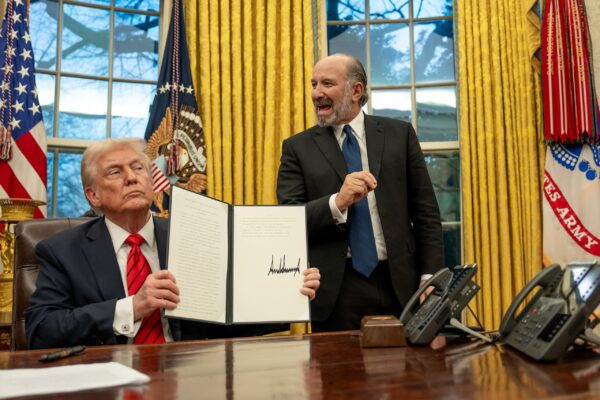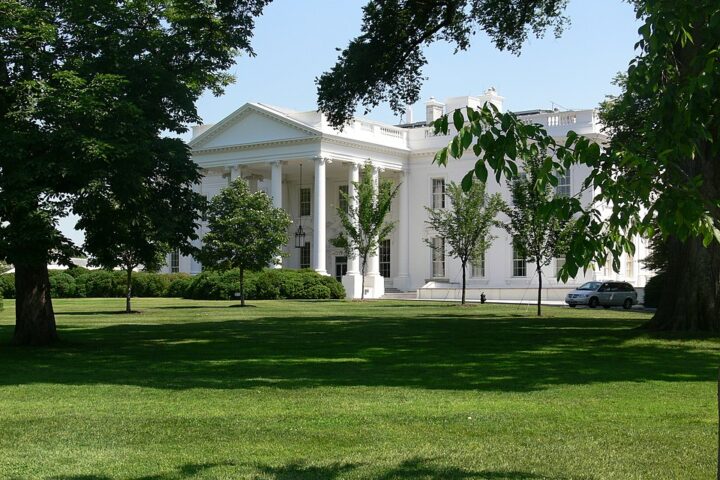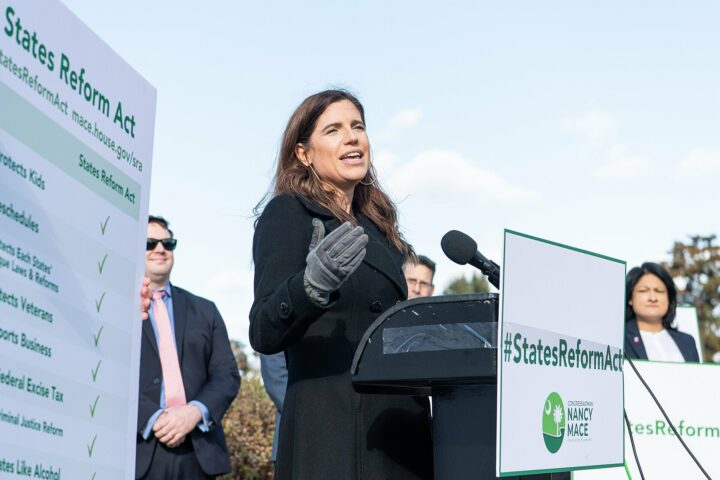Secretary of Commerce Howard Lutnick reportedly distanced himself from former Department of Government Efficiency (DOGE) chief Elon Musk this week, faulting the billionaire’s sweeping approach to government cuts while stressing that the real problem in Washington lies in unchecked spending and bureaucratic waste.
In a wide-ranging interview with Axios’s Mike Allen, Mr. Lutnick was asked to assess the future of DOGE — a Trump-era cabinet department tasked with cutting down government inefficiency — following Mr. Musk’s high-profile exit.
“I thought Elon got caught up in other people’s objectives, right?” Mr. Lutnick said. “I mean, the people who work at the government-, fine, the government, I’m sure, could be 10% smaller, I’m sure it could be 15% smaller. Let the cabinet secretaries go in, study their place, and make the proper cuts.”
Mr. Musk, who once relished comparisons between his management of Twitter and his role in Washington, believed that slashing large portions of the federal workforce could be accomplished quickly. That approach, according to Mr. Lutnick, missed the bigger picture.
“The Twitter, his Twitter example, where he was able to cut 80% of the people out, right? He thought that example worked for government,” Mr. Lutnick explained. “And my view was that the real money of government is the spending, and the waste, fraud, and abuse of government.”
He pointed to what he described as a glaring example of such waste under the Biden administration: a $7.4 billion transfer from the Commerce Department to a nonprofit entity known as Natcast.
“Think about this building,” Mr. Lutnick said. “We, the Biden crowd before me, had sent $7.4 billion to some brand new, make believe not-for-profit to give out money.
Seven-point-four billion should be wired out of the Department of Commerce to this thing called Natcast, which didn’t exist, which was made up as some not-for-profit, staffed with all these Biden officials and then trying to get 7.4 billion out. That’s what I call waste, fraud, and abuse.”
Mr. Lutnick said that once he assumed his position, the Commerce Department ended the program and retained control of the funds. He argued that redirecting attention to structural reforms, rather than copy-and-paste job cuts, was a more effective way to address Washington’s long-running fiscal excesses.
“We ended it, we kept it in the government, but you know, that’s how you make big money,” he said. “You know how many people would equal $7.4 billion? Come on, the focus should have been on cutting the waste, fraud, and abuse — and the people you could do over time. I thought he got that backward.”
Mr. Musk, once one of President Donald J. Trump’s most visible allies during the 2024 campaign, enjoyed an unusually close relationship with the president during the opening months of his second term.
But that relationship soured after Mr. Musk departed from the administration, leaving behind a mixed record: bold promises of efficiency, tempered by disputes over whether his Silicon Valley playbook could work in Washington.
[READ MORE: Rep. Morgan Luttrell to Step Away From Congress, Citing Call to Serve Texas Closer to Home]








